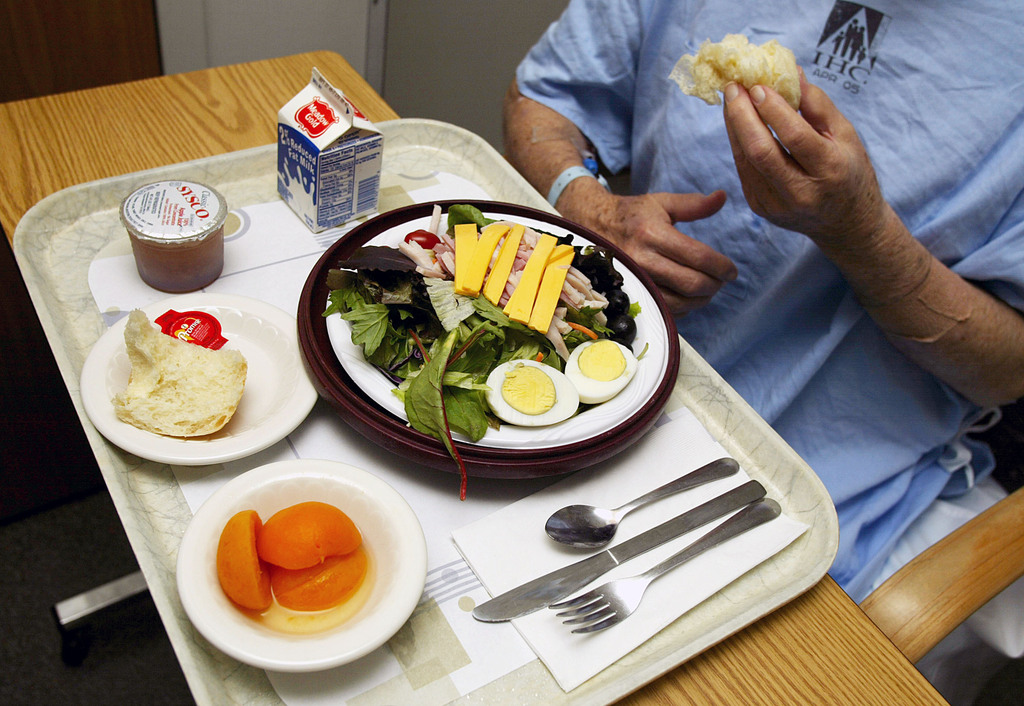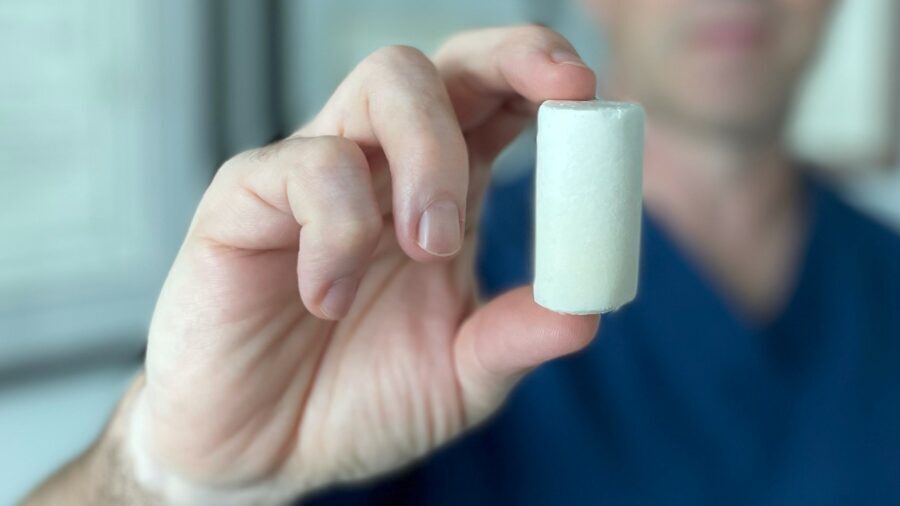Salt Lake County reports 800% increase in syphilis among women
Nov 9, 2023, 3:13 PM | Updated: 4:59 pm

(Shutterstock)
(Shutterstock)
SALT LAKE CITY — The Salt Lake County Health Department reported Thursday that it had seen an 800% increase in syphilis in women in the last few years. The news comes days after learning about a nationwide uptick in syphilis cases in newborns.
The 800% increase in syphilis cases occurred between 2018 and 2022, health officials said in a statement.
SLCoHD Epidemiology Supervisor Lynn Beltran told Jeff Caplan’s Afternoon News that prior to 2018, “Syphilis in females here in Salt Lake County was almost nonexistent.”
Last year, the county had 27 women diagnosed with syphilis. This year, Beltran said the county is set to see double that amount.
Most of those cases were in women of childbearing age between the ages of 15 and 44.
Beltran said that’s cause for concern.
“Having females of childbearing years infected with syphilis is kind of the harbinger of congenital syphilis,” she said.
When there are rising rates of syphilis in women of childbearing age, Beltran said there’s concern that more congenital syphilis cases will follow.
Worries about congenital syphilis in Salt Lake County
Even though the infection can be cured, it can cause permanent damage to children born with congenital syphilis.
“It can result in lifelong developmental delays, it can result in death in babies.”
Getting tested
Salt Lake County Health Department officials recommend following Centers for Disease Control guidelines for syphilis.
The CDC recommends that pregnant women get tested for syphilis early on in their pregnancies.
Beltran said pregnant women should get screened during “At least at the first and third trimester.”
Early testing and treatment can prevent the loss of a pregnancy caused by syphilis. It also prevents health and developmental issues in newborn children.
Because syphilis is a sexually transmitted infection, the CDC recommends regular testing depending on the number and frequency of sexual partners a person has.
Beltran said that it’s important to normalize syphilis screening to ensure people are actually getting screened.
“If we ignore it, the outcomes are debilitating.”













